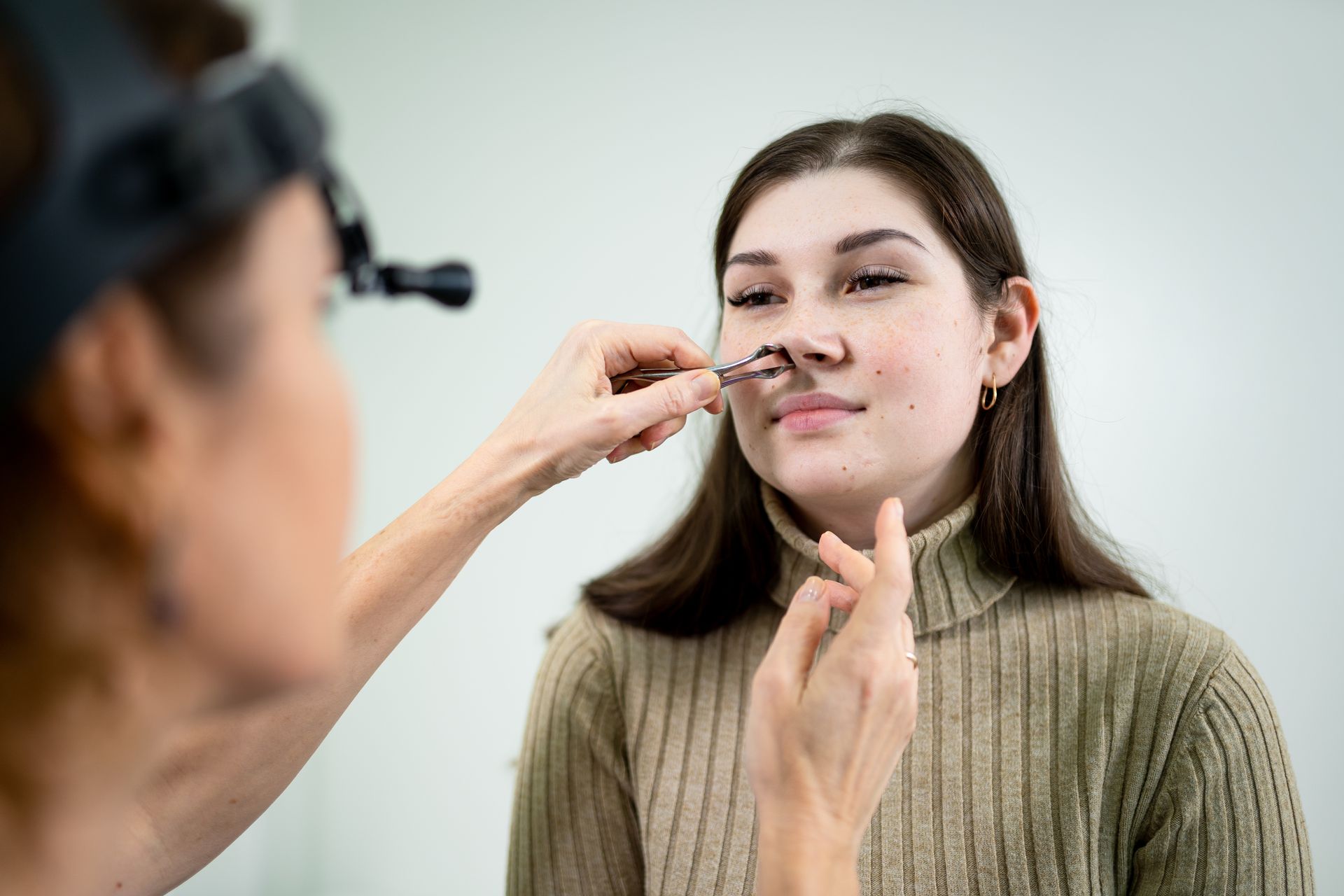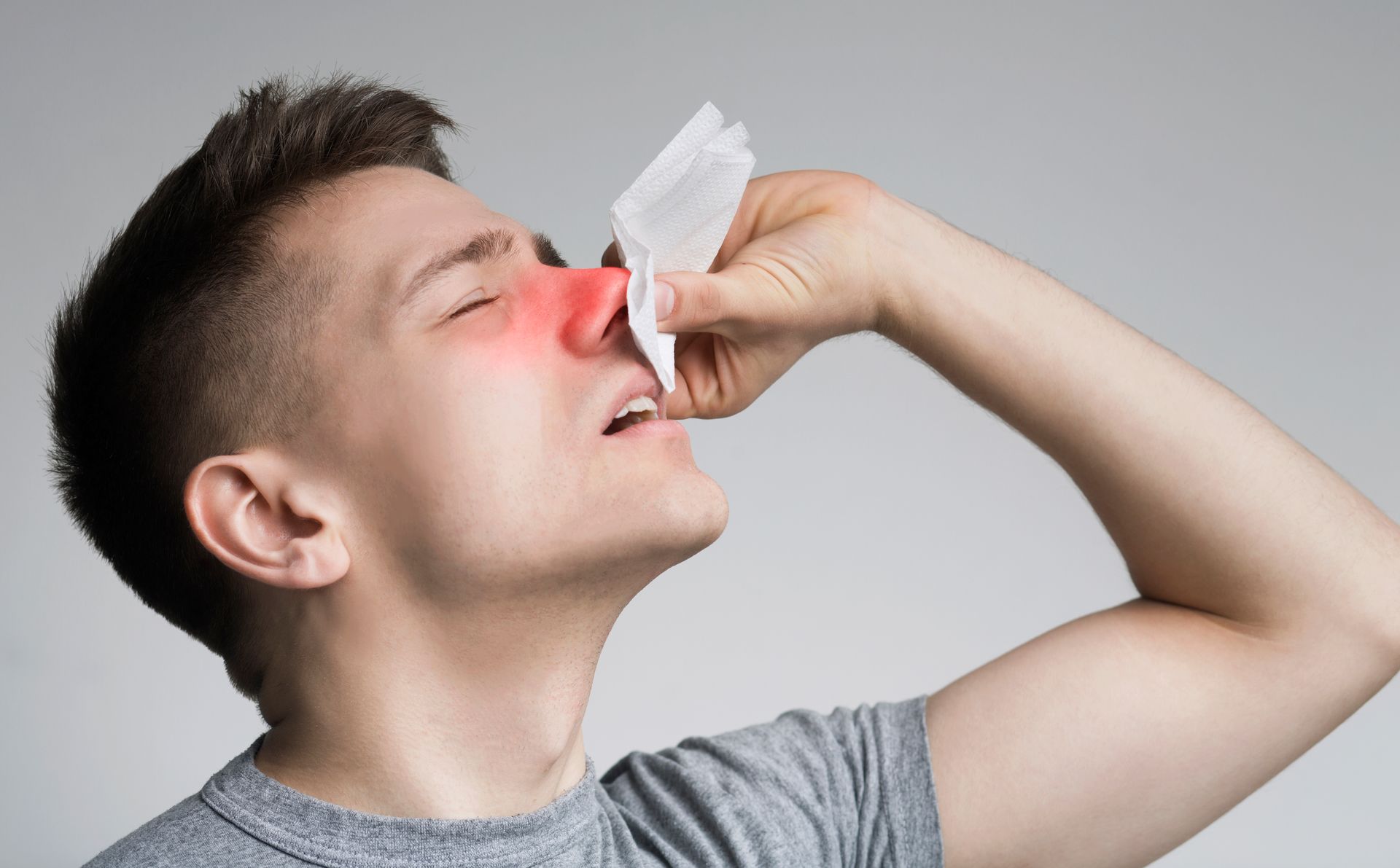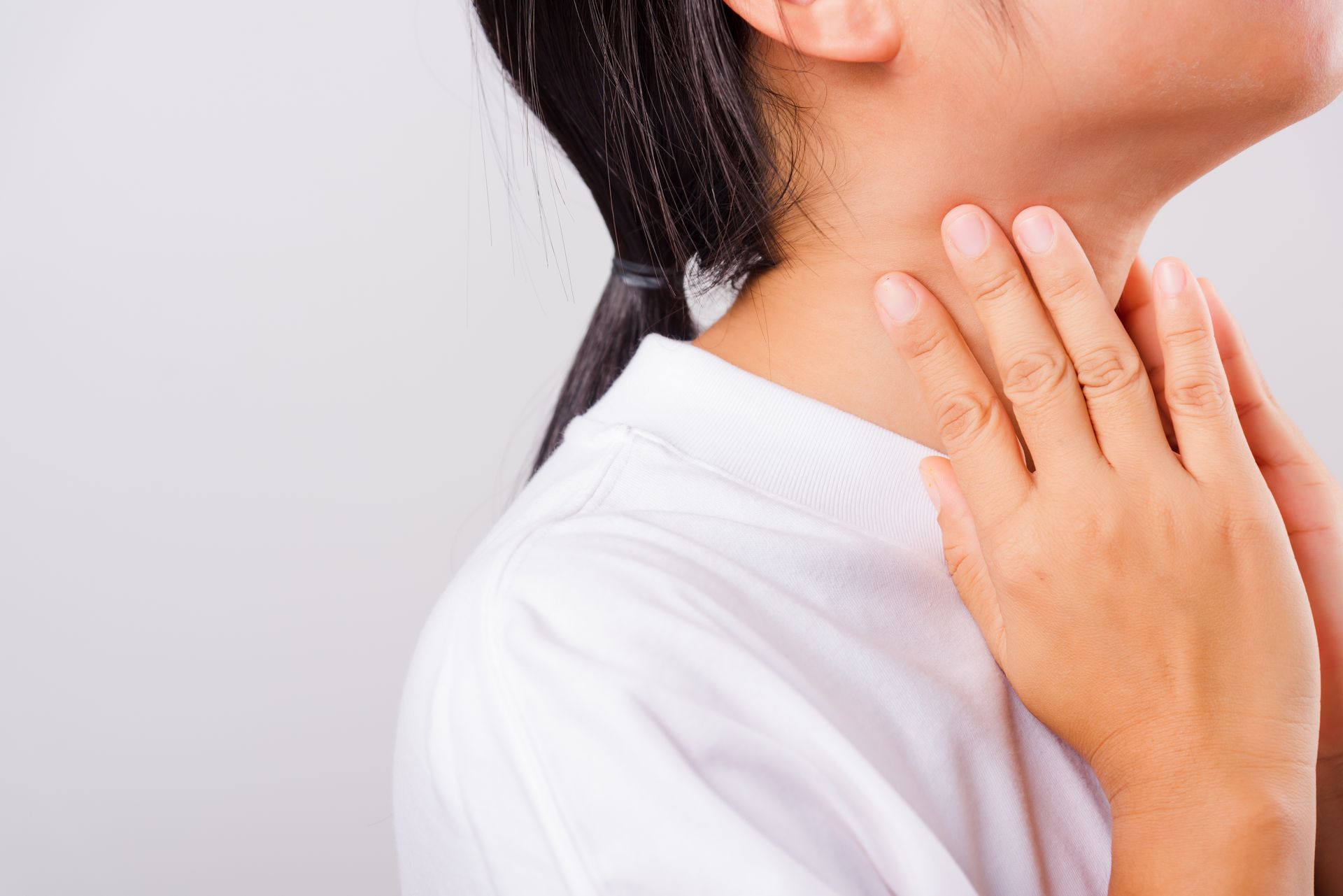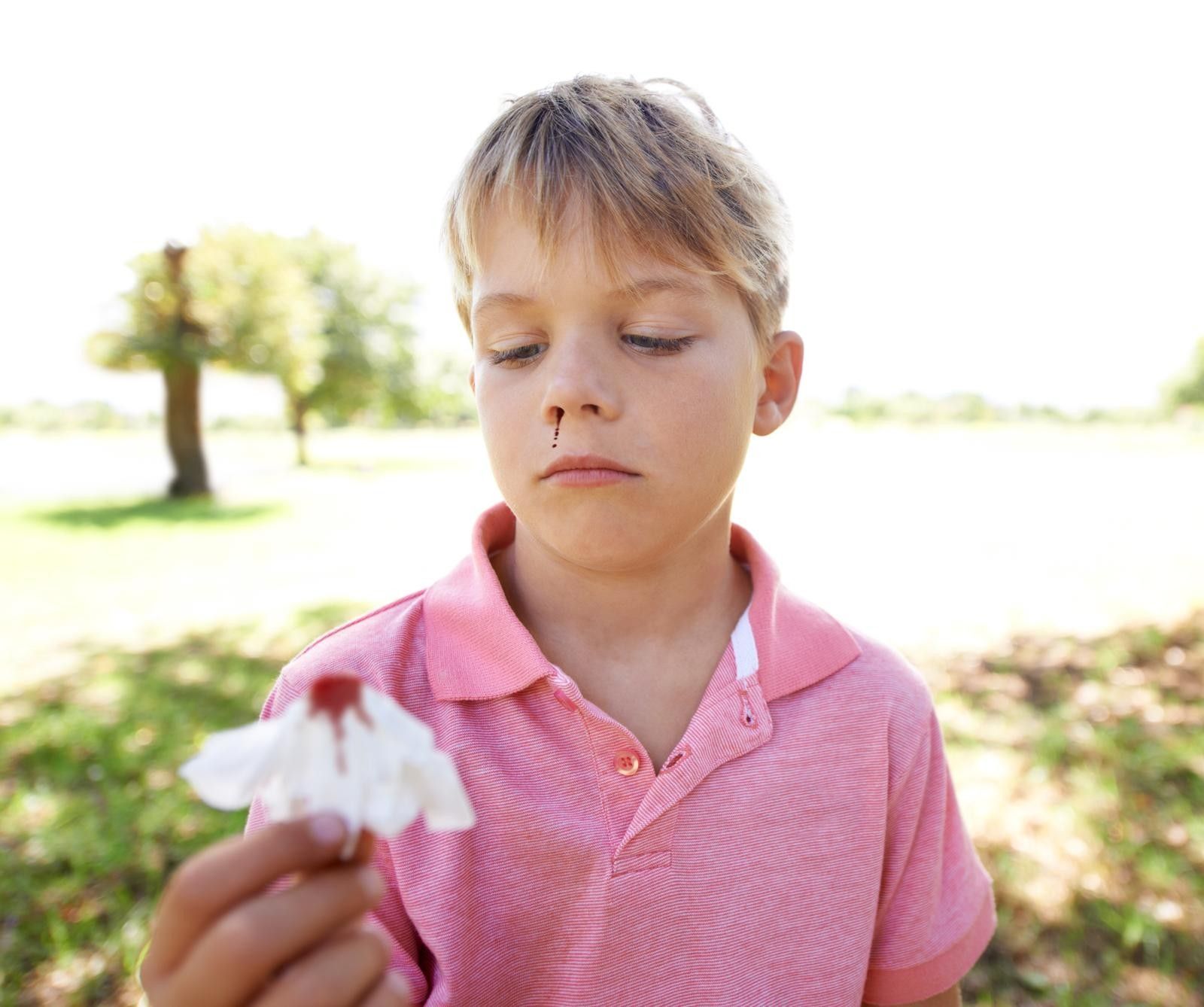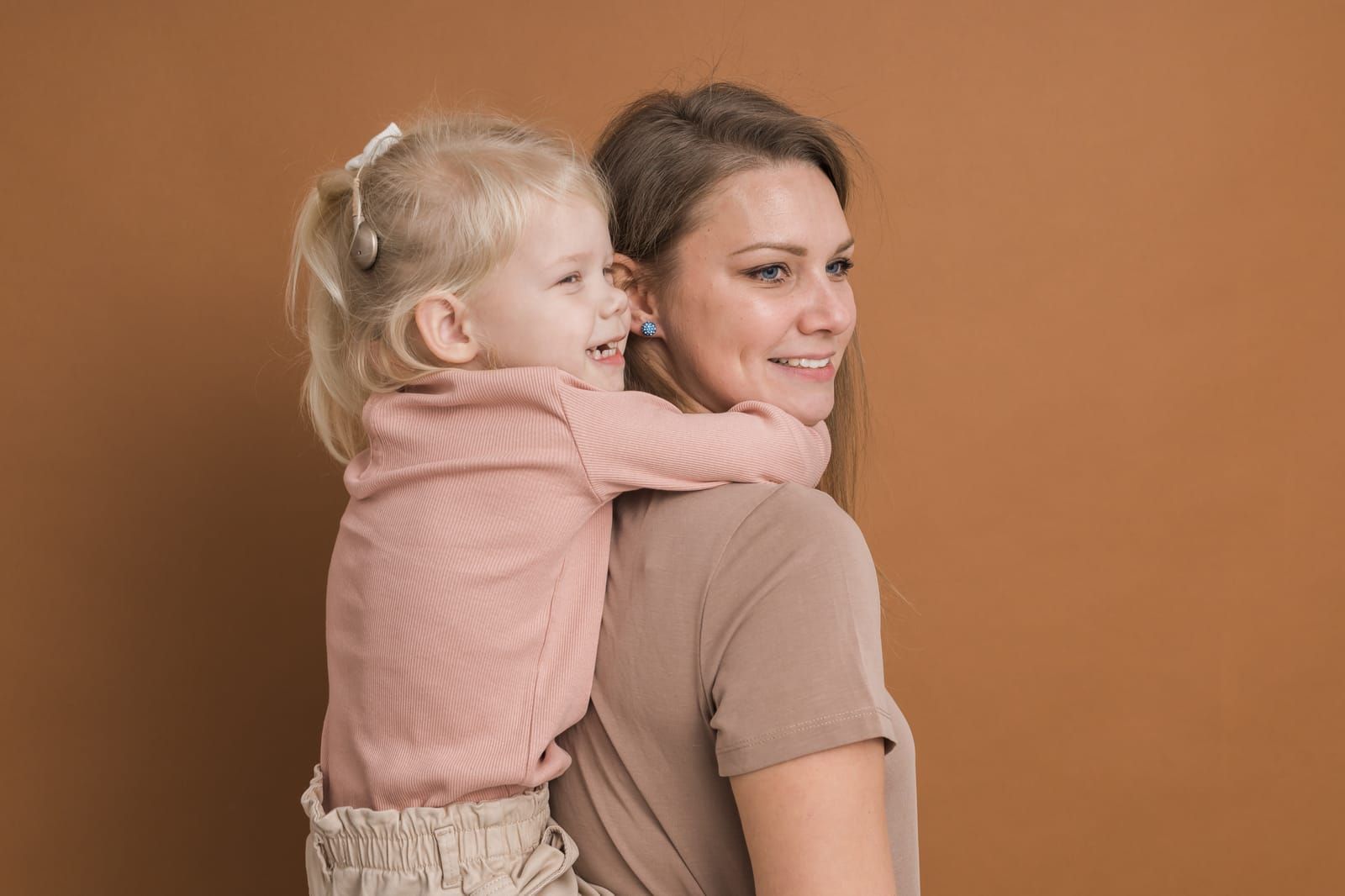4 Tips for Fighting Ragweed Allergy This Fall
With the fall season comes the risk of suffering from sneezing, stuffy nose, and itchy eyes. If you have a ragweed allergy, you will suffer a lot more in the fall! However, you can fight your ragweed allergy by following these four easy tips:
1. Avoid and Keep Ragweed Outside
Ragweed emits pollen in the late summer. As such, stay updated with the pollen count in your locality by listening to the news or checking the count online. Avoid going outside, mainly in the morning and on warmer and dry days when the pollen emission is high. Keep all windows in your home and car closed, and have the AC on for longer to create a safe environment in your home.
Central AC with a HEPA (High-Efficiency Particulate Air) filter attachment is the perfect air conditioner to fight pollen. As pets attract allergens, you should bathe them repeatedly and minimize their time outdoors if possible as well so they don’t bring the pollen inside.
2. Keep Mold Away From Your Home
Molds grow in compost heaps, rotting logs, and leaf piles. Ensure you remove all dead vegetation near your home and allow water from your rain gutters to run away from your property. Wear a mask when you clean the areas outside your home as well, and try to change your clothes every time you enter your home so that you can wash the pollen that might be off of them away.
Indoor molds gather in basements, laundry areas, kitchens, bathrooms, and other places that might be dark and damp in a home. Once you spot leaks below sinks and in appliances, fix them quickly. Clean mold on walls and cabinets by applying bleach and water and then dry the surface.
3. Purify Indoor Air
AC with a HEPA filter fights ragweed, mold, dust, and dander. Measure and try to keep indoor humidity below 45% as mold grows when it's above 50%. Install an exhaust fan in your bathroom to use after your shower to control moisture as well. Running a dehumidifier to drain your damp basement can also help.
Use a damp dust cloth, wet mop, and a high-quality vacuum cleaner to clean your home. A cyclonic vacuum/HEPA-filtered vacuum can help prevent the spread of pollen, dust, dander, and mold spores in the air. Wear a mask when cleaning and leaving your home after you finish cleaning to avoid attracting airborne elements.
4. Prioritize Cleaning Your Bedroom First
Keep your pets and allergies away from your bedroom as you spend most of your time in that room. Furry animals can bring ragweed and mold from the outside into your bedroom. As dust mites and mold live in bedding, cover your pillow and mattress with allergy-resistant covers. Remove heavy fabrics in bed covers and drapes to avoid this as well.
Want relief from your sneezing and stuffy nose? Kentuckiana ENT treats allergies in Louisville, KY, with options including allergy shots and allergy drops. Request an appointment today!
